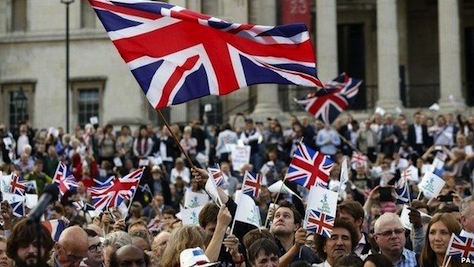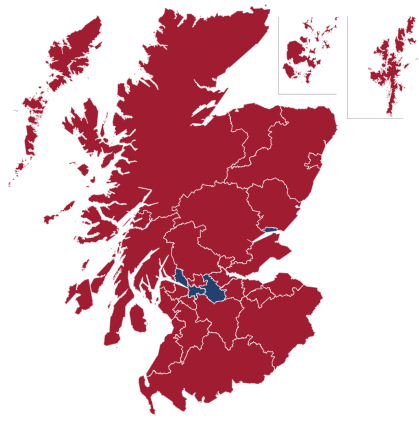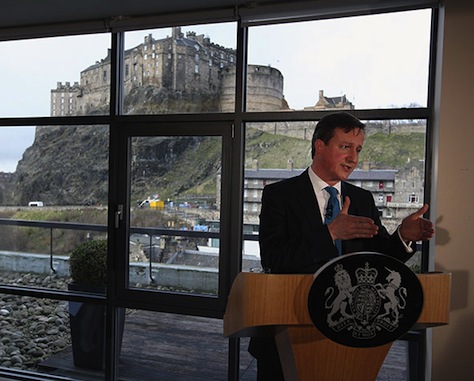
If it wasn’t already clear, Ed Miliband’s final conference speech before next May’s general election indicated that he intends to wage his campaign on the basis of the United Kingdom’s National Health Service — and not a full-scale attack on the ‘austerity’ anti-deficit policies of David Cameron’s coalition government.
It’s hard to believe that Miliband has now been the leader of the United Kingdom’s Labour Party one year longer than former prime minister Gordon Brown was, especially after the bravura performance that Brown delivered for the ‘Better Together’ campaign, which may have swayed enough Scottish voters to reject independence in the surprisingly close referendum.
When he won the leadership in September 2010, upsetting his opponent and brother, former foreign minister David Miliband, it was a shock. While Labour’s MPs and the party faithful narrowly preferred David, unions and other affiliated Labour groups gave Ed just enough of an edge to narrowly defeat the more seasoned Miliband, who promptly left frontline politics and moved to New York.
In the past four years, Ed Miliband has benefitted from the polling lead that Labour has consistently held against the Conservatives, who have been mired in unpopular decisions to slash the national budget after years of more permissive spending under Brown and his predecessor Tony Blair, for whom Brown served as chancellor of the exchequer.
* * * * *
RELATED: Why England needs a series of regional parliaments
RELATED: What to make of Cameron’s ‘night of the long knives’
* * * * *
In the first year of Tory-led government, the British economy grew by 1.7% — sluggish in absolute terms, but vigorous by what would follow. In 2012, British GDP fell to 0.3% before rebounding last year to 1.7% and a forecasted growth rate of 3.2% in 2014.
As the economy has improved, it means that it might not be enough for Miliband to attack Cameron and the current chancellor, George Osborne, for inflicting greater damage on the economy by cutting spending in a time of low economic growth. While it may be true that Osborne’s budget cuts didn’t necessarily promote growth, it’s unavoidable fact that the United Kingdom is now growing faster than the rest of the European Union, which emerged from the 2008-09 global financial crisis and the 2010-12 eurozone debt crisis to face a growing deflation threat today. Italy, which has struggled to enact reforms under its energetic new prime minister Matteo Renzi, recently entered a triple-dip recession.
Polls, meanwhile, show an increasingly tight race. Labour’s once dominant lead is shrinking, in the most recent September 18-19 YouGov/Sunday Times poll to just 4%. If the election were held today, Labour would edge out the Tories by a margin of 36% to 32%, with the eurosceptic United Kingdom Independence Party (UKIP) winning 16% and the junior coalition partners, the Liberal Democrats, just 7%. That could result in any number of outcomes, including a Labour minority government, a Conservative minority government, or the continuation of the Tory-Liberal Democratic coalition.
That goes a long way in explaining why Miliband is increasingly shifting from an anti-austerity message to a campaign that places greater funding for an increasingly burdened National Health Service (NHS) at the heart of his bid to defeat Cameron in eight months’ time. Continue reading Miliband shifts Labour’s focus from austerity to health care →
![]()
![]()
![]()









